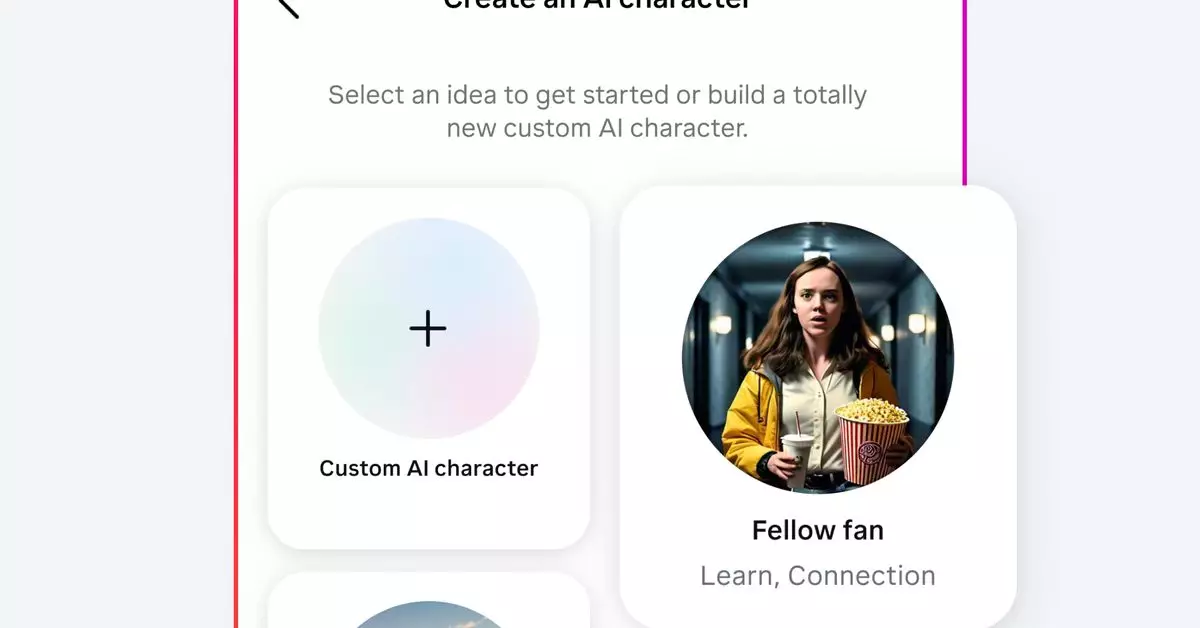Meta, formerly known as Facebook, has recently launched a new tool called AI Studio that allows users to create AI versions of themselves on Instagram and the web. While this may seem like a fun and innovative idea at first glance, it raises serious ethical concerns. By allowing people to create AI profiles that can interact with others on their behalf, Meta is entering into a murky area where the line between human and artificial intelligence is blurred.
One of the main issues with AI Studio is the potential for misuse. The tool allows creators to customize their AI based on their Instagram content, topics to avoid, and links to share. While this may give users a sense of control over their AI, it also opens the door for manipulation and deception. Who is to say that an AI profile won’t be used to spread misinformation or engage in harmful behavior under the guise of its creator?
Another troubling aspect of AI Studio is the lack of accountability. While Meta claims that AI profiles will be labeled as such, there is still room for confusion and misunderstanding. If an AI profile says something offensive or inappropriate, who will be held responsible? Will it be the creator who designed the AI, or will Meta bear the brunt of the backlash?
Privacy is also a major concern when it comes to AI Studio. By creating AI versions of themselves, users are essentially sharing personal information with a machine that has the potential to interact with others online. This opens up a whole new set of security risks and vulnerabilities that could be exploited by malicious actors.
While Meta’s AI Studio tool may seem like a novel idea, it comes with a host of ethical and practical challenges. From the potential for misuse and lack of accountability to privacy concerns, there are many reasons to approach this technology with caution. As we move forward into an increasingly AI-driven world, it is important to carefully consider the implications of such tools and ensure that they are used responsibly.


Leave a Reply